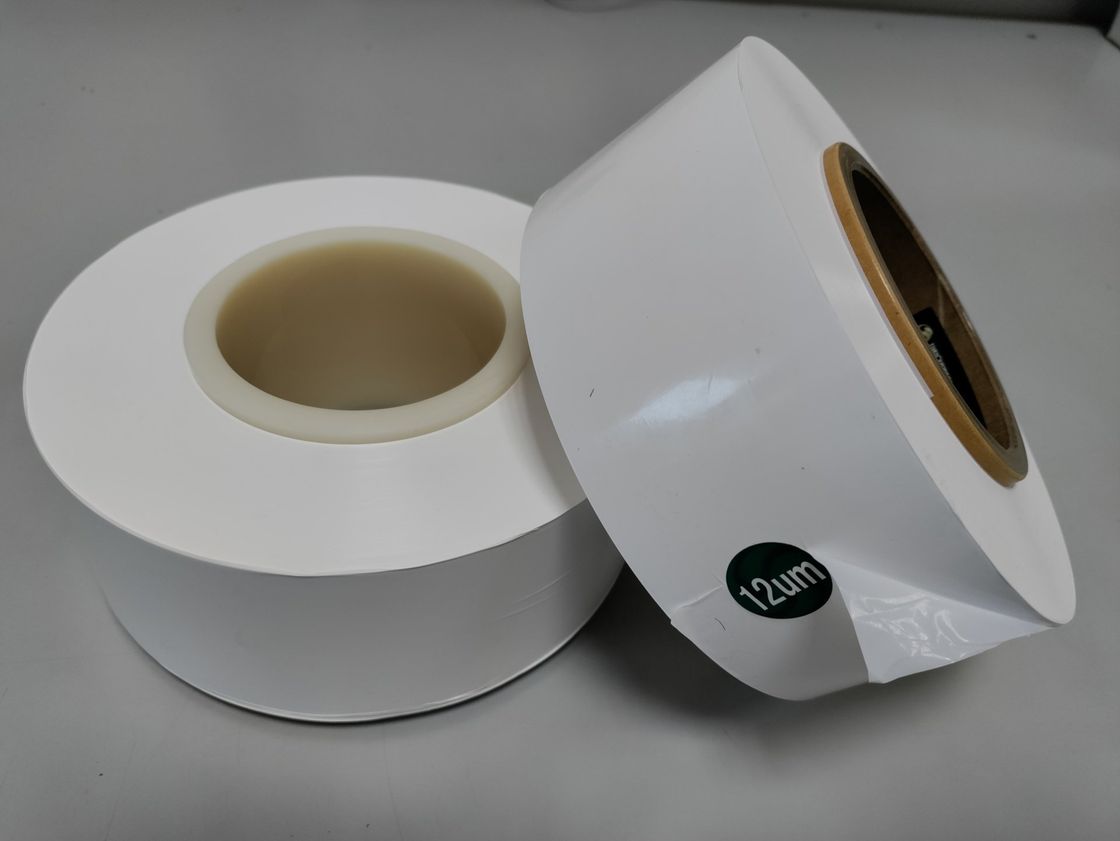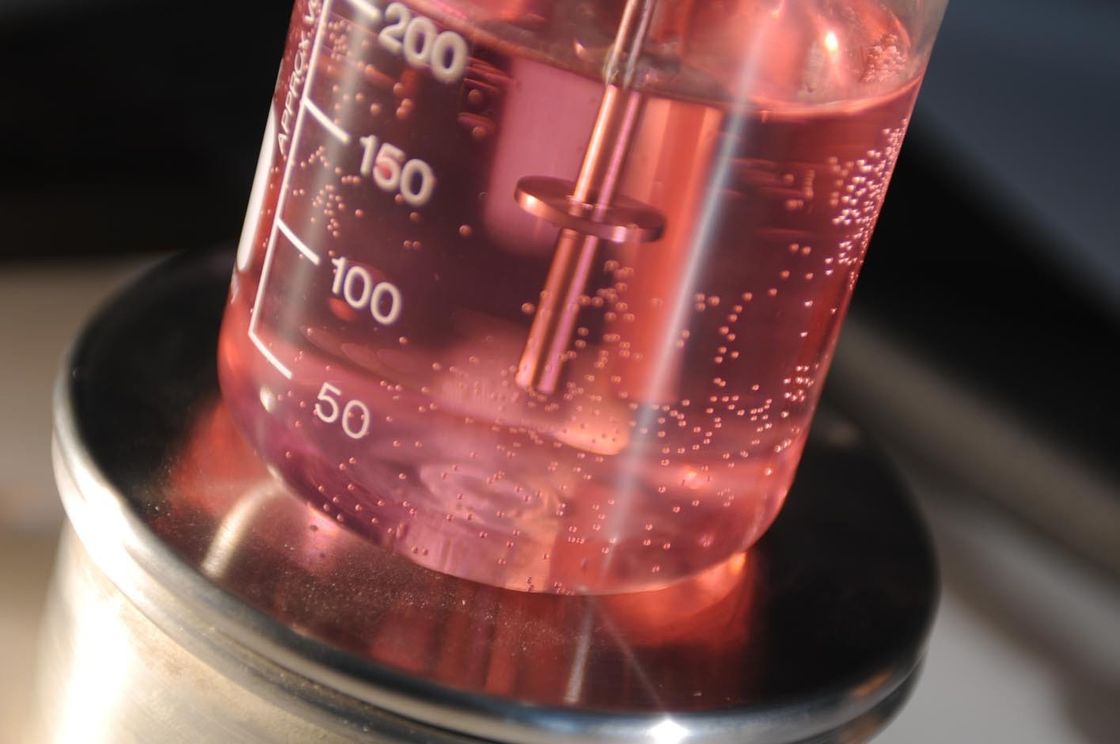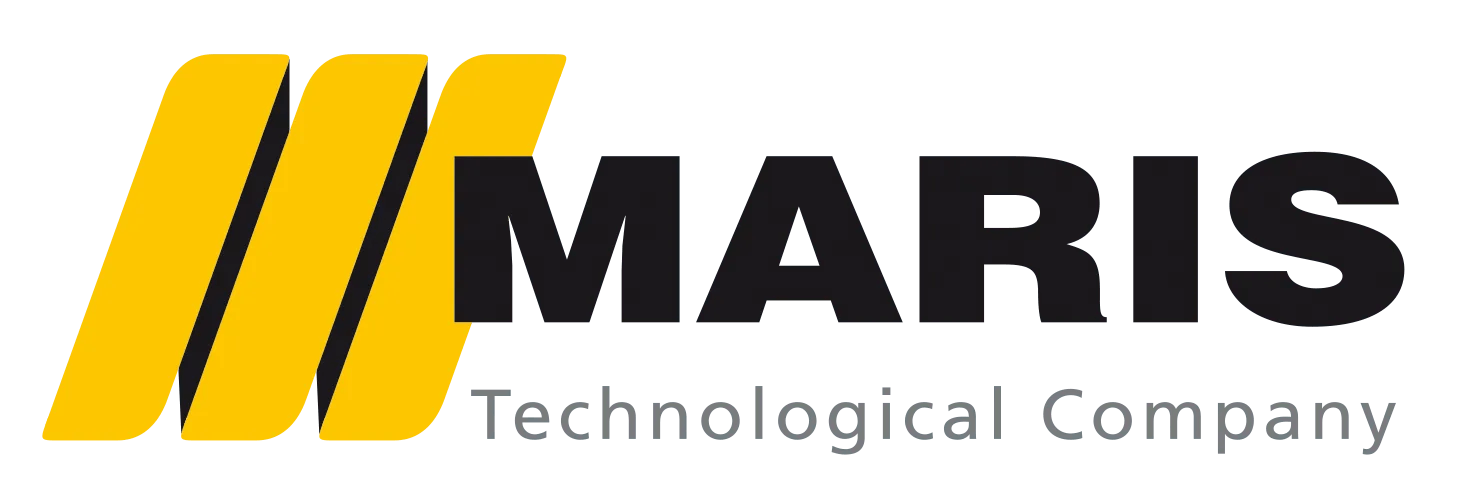SPECIAL PROCESSES
MICROPOROUS FILM / BATTERY SEPARATORS
The ever-increasing use of batteries in electronic devices and in the automotive industry has greatly developed an already rapidly expanding sector.
The separators used in Li-ion batteries are generally microporous, polyolefin-based films, which are interposed between the anode and cathode in order to block the direct flow of electrons between the two poles, but allow ionic conduction in the electrolyte, through its porosity.
To date, many factories producing these special films use our extruders, which have been specially designed to reach a high mixing level between the polymeric material (eg UHMWPE) and high percentages of mineral oil. In the phases following the extrusion, the film is subjected to ironing and oil evaporation treatments in order to obtain the desired thicknesses and microporosities.

SOLVENT REDUCTION AND MONOMER
CONTENTS
Industries of application for our extruders are not only limited to the world of mixing and plastic compounding, but are also widely used in less traditional fields such as those of reduction of the content of low boiling liquids.
The co-rotating twin-screw extruders actually have a high degassing efficiency and our machines can be configured with many extraction points (generally up to 4).
The liquids subjected to extraction mainly belong to two categories:
- Residual monomer: the polymers coming from the polymerisation reactors contain important monomer fractions that must be extracted and subsequently collected to then be reused within the same reactor (e.g. formaldehyde for the polymerization of POM)
- Residual solvents: polymers from polymerisation reactors may contain important solvent fractions that must be extracted (e.g. polymerising PMMA and polystyrene)

F.lli Maris S.p.A.
Corso Moncenisio, 22
10090 Rosta (TURIN) - Italy
TEL: +39 011 956 7925
FAX: +39 011 956 7987











